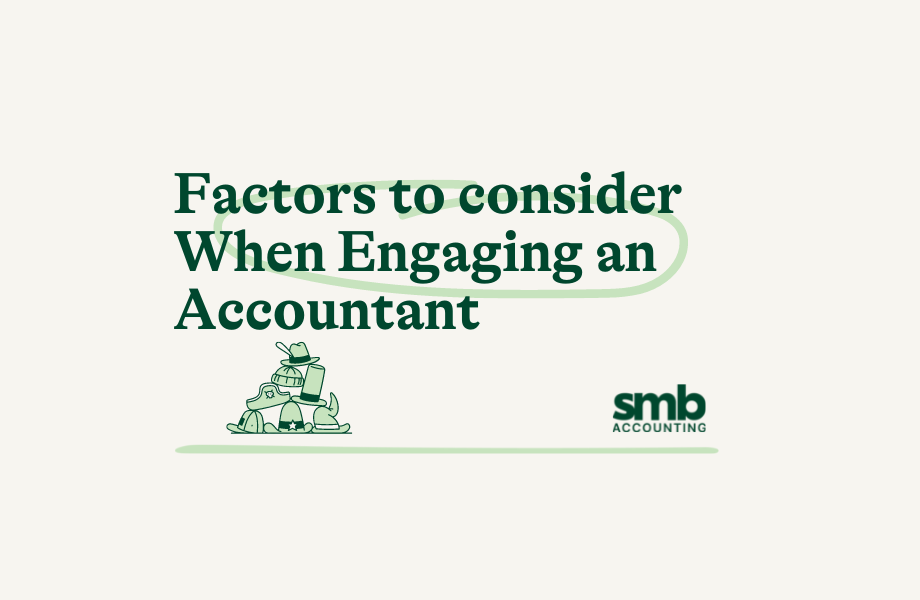5 Important Factors to Consider When Hiring a Tax Accountant
Tax season can be a stressful time for individuals and businesses alike. With the ever-changing tax laws, filing taxes can be a complicated and time-consuming process. That’s why it’s important…










